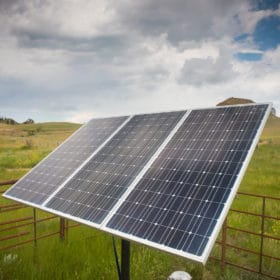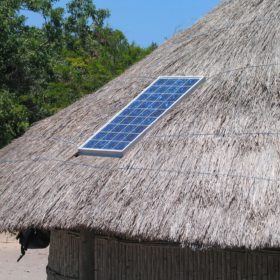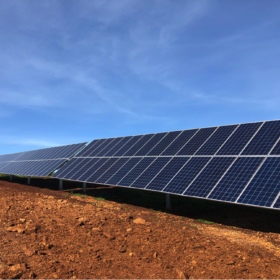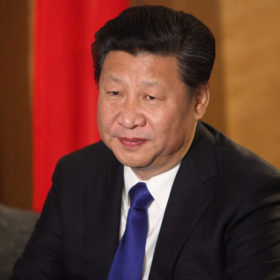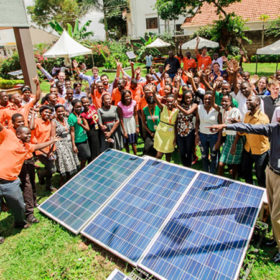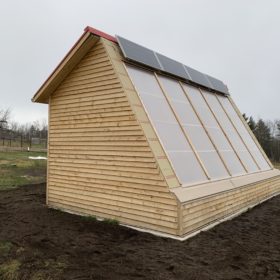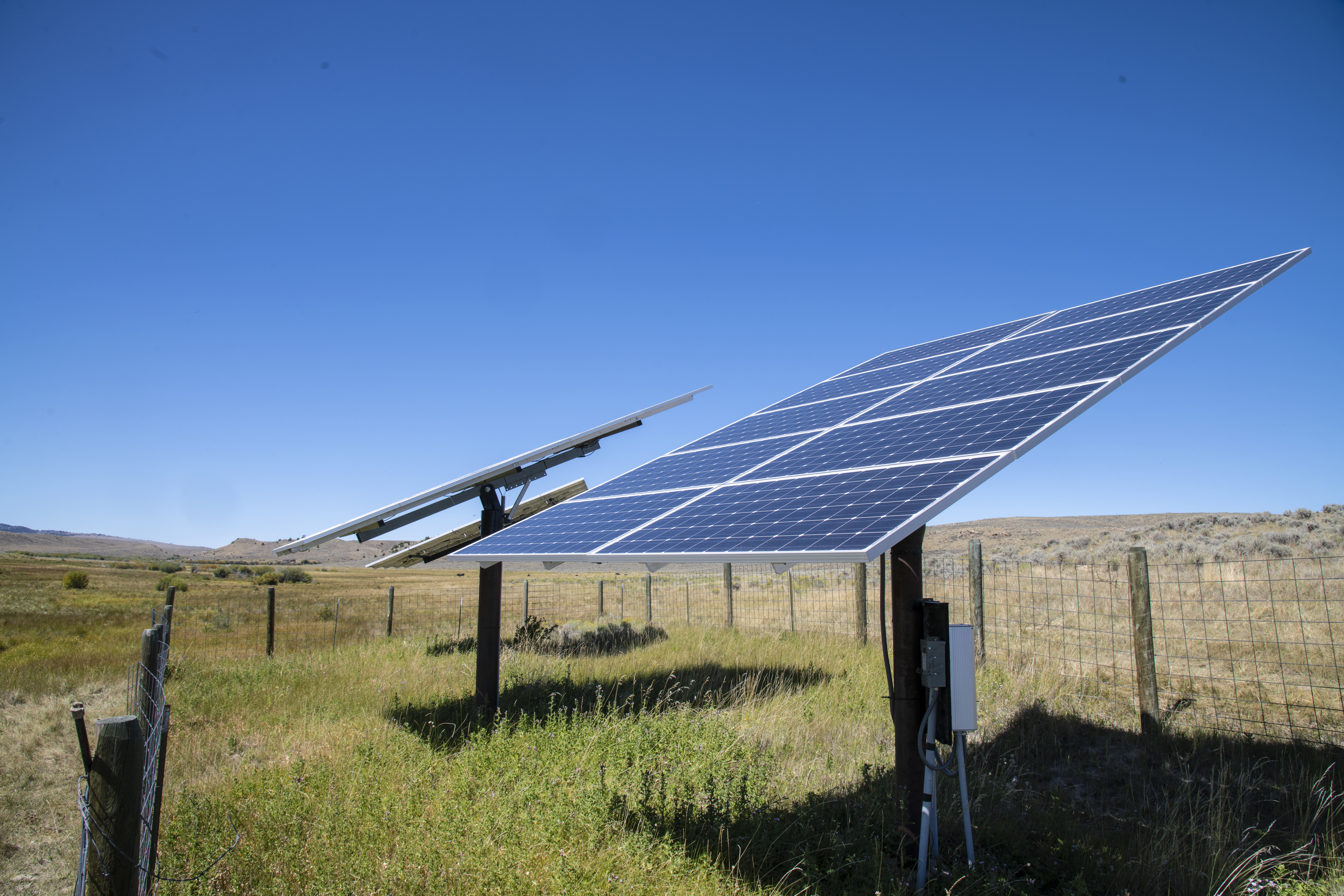Optimal sizing for solar water pumps
Researchers in Malaysia have proposed a new approach for optimal sizing of solar water pumps. Their method consists of using a single PV module, a charge controller, several batteries, and a DC load.
Somali solar providers can apply for grants from $8.5m pot
Solar distributors and service providers and microfinance businesses which are rolling out PV systems in Somalia and the self-declared Republic of Somalil and have been offered access to grants from development donors.
Crossboundary offers up its mini grids business model for African peers to benefit
The Kenyan financial services business has been developing rural mini grids across Africa and has announced plans to show its rivals how such networks can thrive, in a bid to accelerate access to electricity on the continent.
Solar stocks rise as President Xi pledges 1.2 TW of renewables capacity in 2030
The Chinese leader has revealed some details of his nation’s commitment to go carbon neutral by 2060. That solar and wind power promise could even prove to be a conservative estimate, according to the nation’s solar industry.
Finance platform targets underserved small-scale solar projects
A spin-off of the Connecticut Green Bank, IPC is a not-for-profit investment fund that scales clean energy financing and channels investment capital to communities that need it most.
African Development Bank opens $50-60m pot for off-grid solar Covid recovery
The development lender has established a Covid-19 Off-Grid Recovery Platform with impact investors from the Netherlands, U.S. and U.K., to offer affordable loans to off-grid solar companies operating in Africa.
Solar power providing heat for Indo-Tibetan border outposts
Indo-Tibetan Border Police outposts along India’s border with China are using MicroSun solar panels to generate electricity for heating purposes, among other applications.
Solar greenhouse for crops
Scientists in Canada have created a greenhouse that is exclusively heated by solar panels. The rooftop PV system is not connected to the grid, but is linked to four batteries with a total capacity of 5.56 kWh.
Ramping up renewables now could save Europe €363bn by 2050
Delay, and policymakers will see the carbon emission allowance which would enable us to stay well below 2C frittered away so quickly net zero would have to be reached in 2040, rather than ten years later, when the relevant technology costs will be cheaper.
Self-cleaning tech for small off-grid PV arrays
A U.S.-Pakistan research group has created a new self-cleaning mechanism for standalone PV systems up to 5 kW in size. The system increases power yields by around 35%, while its payback period is estimated at around five years.
